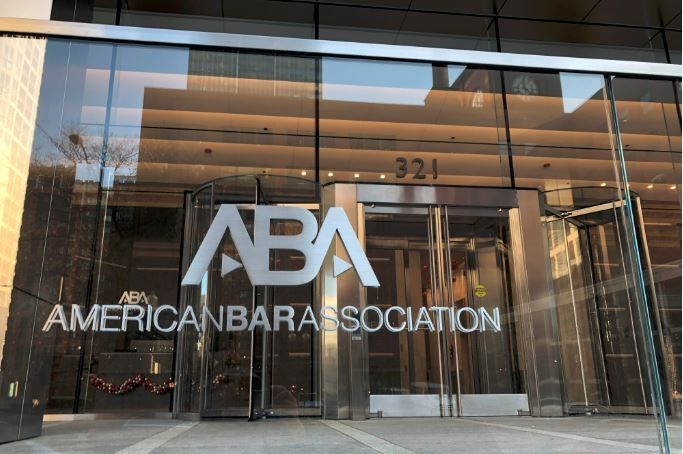
In a significant development addressing the escalating tensions over the conflict in the Middle East, the American Bar Association (ABA) achieved a unanimous vote on Friday within its Council of the Section of Legal Education and Admissions to the Bar. This pivotal decision paves the way for a proposal mandating all ABA-accredited law schools to establish comprehensive free speech policies. The proposal is set to be presented to the ABA’s House of Delegates in February for final approval.
Milestone Decision in Legal Education
Historically, the ABA’s law school accreditation rules have focused on safeguarding the academic freedom of faculty. However, this new proposal marks a groundbreaking departure as it aims to address free speech for the entire law school community.
Key Components of the Proposed Rule
If the proposal is approved, all law schools must develop and publish policies explicitly designed to “encourage and support the free expression of ideas.” The policies must protect the rights of faculty, staff, and students to communicate controversial or unpopular ideas. Furthermore, the policies must actively promote robust debate, demonstrations, and protests while expressly forbidding disruptive activities that impede free expression or substantially interfere with law school functions or activities.
Enforcement and Accreditation Implications
While the proposed rule lacks a specific enforcement mechanism, law schools failing to adhere to the ABA’s standards risk losing accreditation. This sets a clear expectation for institutions to implement and enforce the newly established free speech policies actively.
Context of Campus Tensions
The backdrop of the intensifying campus tensions over the conflict in the Middle East, particularly in the aftermath of Hamas’ attack on Israel and Israel’s subsequent assault on Gaza, has added urgency to the free speech debate. Notably, this move by the ABA reflects a response to controversies that have unfolded over the past two years at several high-profile law schools.
Preceding Incidents at Stanford and Yale Law Schools
Incidents at Stanford Law School and Yale Law School involving disruptions of controversial speakers have been pivotal in shaping this development. Students at Stanford Law School faced criticism for disrupting the remarks of 5th U.S. Circuit Judge Stuart Kyle Duncan, leading the law school to issue apologies and mandate free speech training for students. Similarly, disruptions at Yale Law School prompted the institution to strengthen its commitment to free speech. However, the incident led to two federal judges expressing reservations about hiring clerks from Yale.
Broader Influences on the Proposal
Council members of the ABA pointed out that the broader national debate on restricting the teaching of subjects such as critical race theory also motivated the formulation of the new free speech requirement.
Next Steps
The ABA’s House of Delegates is slated to make the final decision on the proposal during its meeting on February 5 in Louisville, Kentucky. This significant development underscores the evolving landscape of free speech considerations in legal education against the backdrop of both local and national challenges.
Don’t be a silent ninja! Let us know your thoughts in the comment section below.
